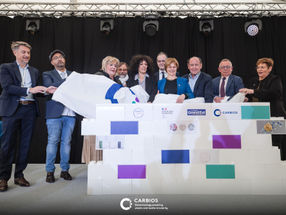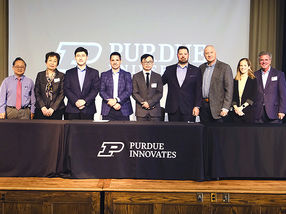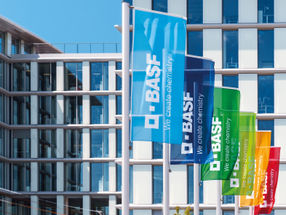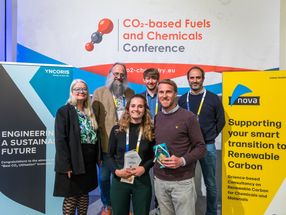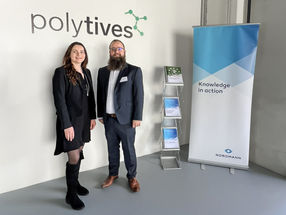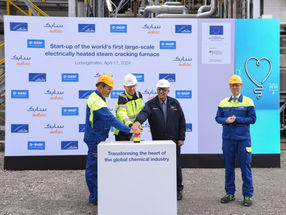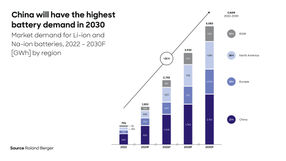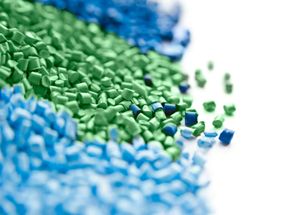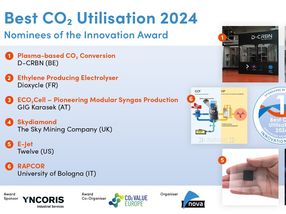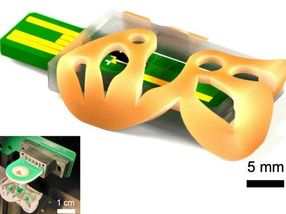REACH: SPORT pilot test identified workability concerns and solutions for new chemicals policy
The results of the SPORT (Strategic Partnership on REACH Testing) pilot project show that the current legal text on REACH needs adjustments and clarification. The report stresses that guidance and tools will be required to enable manufacturers, importers and downstream users of chemicals to meet their obligations. The study also concludes that both, companies and authorities, will need to adapt their current internal procedures, dealing with communication, cooperation and workflows, to meet the challenge of REACH. The SPORT project was designed to establish the workability of the proposed REACH (Registration, Evaluation and Authorisation of Chemicals).
The SPORT report, prepared by a consultancy, contains a description of the testing results and 39 recommendations agreed among the partners. The recommendations give input into the ongoing work on REACH Implementation Projects (RIPs) on guidance tools and documents, call for action to adjust or clarify the legislative text and to adapt organisational structures in industry and the Member States. Furthermore, the report suggests to provide for mechanisms to better involve and integrate downstream users and urges the actors to prepare themselves in time.
SPORT is a strategic partnership between the Commission, Member States and European industry formed to test and establish the workability of some REACH requirements, before it enters into force, and to prepare all the main actors, the Commission, Member States and industry, for the practical application of the processes. The jointly run pilot of the proposed system sought to assess the feasibility of the pre-registration, registration and dossier evaluation steps of the REACH proposal, identify solutions where problems are found, and improve understanding of REACH. A representative selection of chemical companies, both big and small, simulated as realistically as possible the selected steps of REACH for eight substances or substance groups.
The project is based on equal participation and joint management by three Commission services (DG ENTR, DG ENV, JRC), volunteering Member States (AT, DE, FI, FR, IT, NL, SE, SK, UK) and industry (Cefic, UNICE), including representatives of small and mediumsized enterprises (UEAPME) and downstream users (DUCC), who together form the SPORT Steering Group. NGOs, Trade Unions and the Network of the European Chemical Regions have attended Steering Group meetings as observers.
Most read news
Organizations
Related link
Other news from the department business & finance

Get the chemical industry in your inbox
From now on, don't miss a thing: Our newsletter for the chemical industry, analytics, lab technology and process engineering brings you up to date every Tuesday and Thursday. The latest industry news, product highlights and innovations - compact and easy to understand in your inbox. Researched by us so you don't have to.

